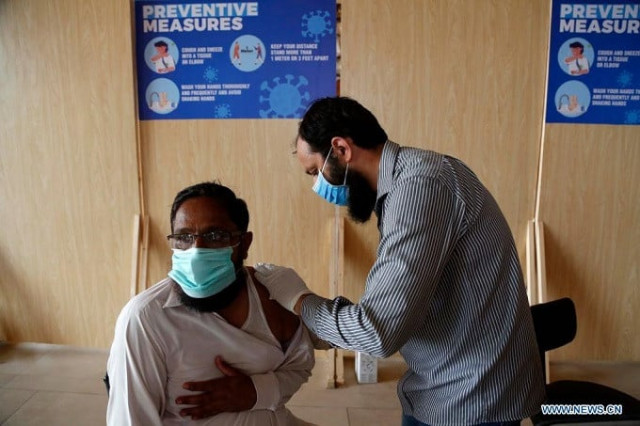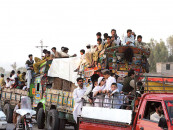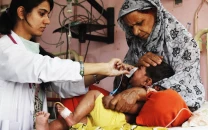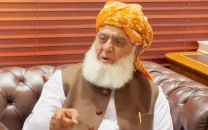Pakistan to benefit from mRNA vaccine technology transfer hub
WHO creates global training hub for vaccine, treatment production

The World Health Organisation said on Wednesday it would establish a global biomanufacturing training hub in South Korea to serve poorer countries wishing to produce their own vaccines, insulin and cancer treatments.
The move comes after the UN health agency helped create a global mRNA vaccine technology transfer hub in South Africa last year to serve African countries largely shut out of access to Covid jabs.
That hub's role is to help provide manufacturers in countries in Africa and beyond with the knowhow to make mRNA vaccines, like those used against Covid-19, at scale and according to international standards.
The UN health agency also announced Wednesday that the mRNA hub in South Africa would provide support to an additional five countries: Bangladesh, Indonesia, Pakistan, Serbia and Vietnam.
The announcement comes after six African countries were chosen earlier this month to establish their own mRNA vaccine production with support from the hub.
WHO said numberous countries had expressed interest in participating in the programme.
Also read: Six African countries to receive mRNA vaccine technology in WHO project
It said the South African hub would provide support to all respondents, "but is currently prioritising countries that do not have mRNA technology but already have some biomanufacturing infrastructure and capacity."
The new hub in South Korea meanwhile will accommodate trainees from middle- and low-income countries around the world that may have struggled to access vaccines and treatments mainly produced until now in wealthy countries.
It will provide them with technical and hands-on training on manufacturing practice requirements for producing such vaccines, along with other medical products like insulin and monoclonal antibodies, WHO said in a statement.
"One of the key barriers to successful technology transfer in low- and middle-income countries is the lack of a skilled workforce and weak regulatory systems," said WHO chief Tedros Adhanom Ghebreyesus.
"Building those skills will ensure that they can manufacture the health products they need at a good quality standard so that they no longer have to wait at the end of the queue," he said in a statement.
The WHO said that the South Korean government had offered a large facility outside Seoul that is already carrying out biomanufacturing training for companies based in the country.
It said its WHO Academy would work with the South Korean ministry of health and welfare to develop a comprehensive curriculum on general biomanufacturing.



















COMMENTS
Comments are moderated and generally will be posted if they are on-topic and not abusive.
For more information, please see our Comments FAQ